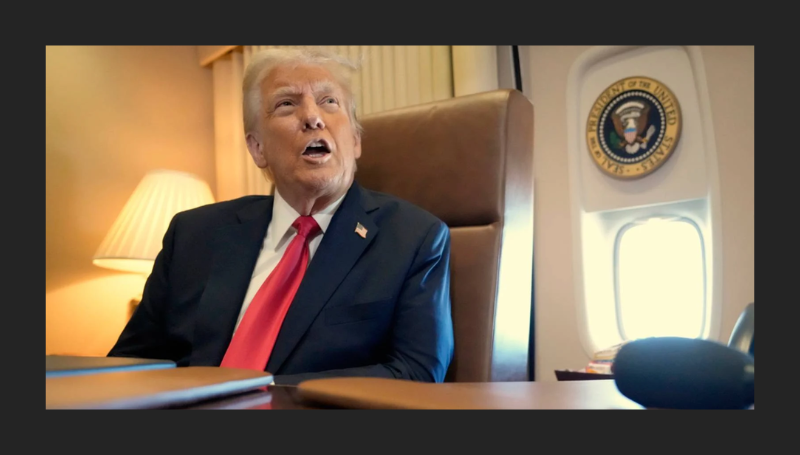Michael Doran
WSJ, Apr. 11, 2025
“If Syria became like Jordan—a buffer between hostile powers—everyone would win.”
Ending Iran’s nuclear-weapons program may be President Trump’s top goal for stabilizing the Middle East, but his biggest test lies in Syria. Ahmed al-Sharaa, the former rebel who overthrew the Assad regime four months ago, presides over a weak interim government that can’t control all of Syria’s war-torn territory. While the Israelis have put the south under their power umbrella, the Turks have forces in the north and are backing Mr. Sharaa. Tensions are mounting between Ankara and Jerusalem over how to promote security and stability in the region.
Mr. Trump hinted at what’s at stake on April 7, when, sitting beside Prime Minister Benjamin Netanyahu in the White House, he offered to mediate. “Any problem you have with Turkey, I think I can solve,” Mr. Trump told the prime minister. But, he added, “you have to be reasonable.”
Mediation over Syria will test Mr. Trump’s broader foreign-policy strategy, which favors economic leverage over military deployments. The logic of this approach is compelling. With a lighter military footprint, the U.S. must safeguard its interests through allies. But only two U.S. partners in the region—Israel and Turkey—are sufficiently equipped to project force beyond their borders, and they despise each other.
American mediation is essential. Last week’s Israeli strike on Syria’s T4 air base signals trouble if Washington doesn’t take the initiative. Turkey had planned to deploy drones to the base—ostensibly to fight Islamic State. Israel struck the base before deployment, destroying its runways to prevent it. The potential for military escalation is real. A Turkish-Israeli conflict could reignite the Syrian civil war and derail Mr. Trump’s broader regional plans. …SOURCE


